| Out of the frying pan, and into the electric truck race |
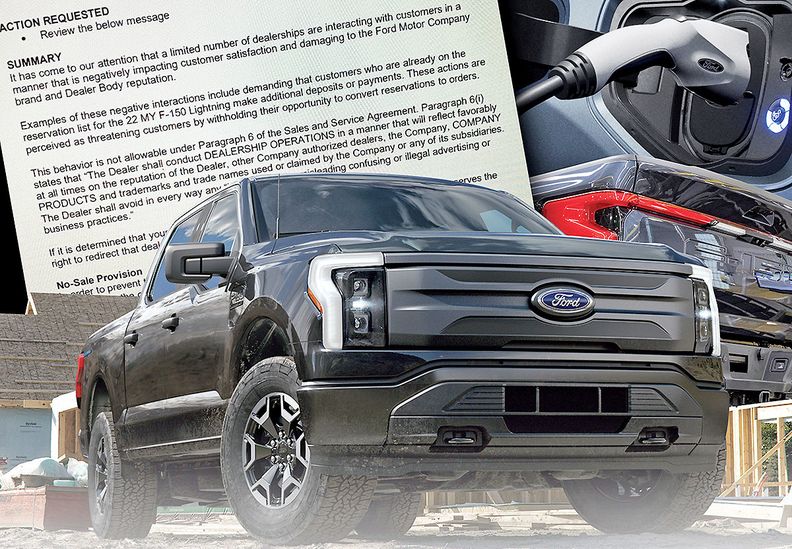
The years of “employee pricing for everyone” seem approximately three lifetimes ago at this point.
The discounts were extremely popular, but they also furthered the perception that the Detroit 3 only built cars and trucks people bought because they were cheap. Over and over, executives promised to introduce models that didn’t need huge incentives, only to slap huge incentives on those same vehicles a few months later because they were piling up on dealership lots. It was a damaging, predictable cycle that decimated the companies’ profits and contributed to the bankruptcies of General Motors and Chrysler once the economy crumbled.
That’s all changed. The microchip shortage that starved many dealers of new-vehicle inventory is a big reason, but all three companies already had overhauled their product lineups and greatly reduced their reliance on discounting since being humbled during the Great Recession.
Ford Motor Co. has been rolling out one hot seller after another lately, and it has a crucial launch just around the corner: the F-150 Lightning. The electric pickup is in enormous demand — Ford has amassed nearly 200,000 reservations — and with retail trims ranging from about $55,000 to more than $90,000, the clamor is certainly not because it’s a screaming deal.
Some dealerships, knowing they have another hit on their hands and limited allocation coming, are marking up the truck’s sticker price by as much as $30,000, according to owner forums. That hasn’t gone over well with Ford, which is warning of potential consequences for profiteering, as explained in a Page 1 story in this week’s issue.
The Lightning isn’t just going up against Chevrolet and Ram, which have electric pickups of their own due out in the next two years. Ford worries that negative experiences with its dealerships could push customers to the likes of Tesla and Rivian, which don’t have franchised dealer networks. One dealer told reporter Michael Martinez that markups are “brand-destroying,” while another laid out the carefully considered reasons he’s asking customers to pay extra.
Having too much demand is undoubtedly a better problem to have than scrambling to unload piles of inventory at fire-sale prices, and it shows how far Ford has come since the early 2000s. But it’s a problem nonetheless.
At least this isn’t the kind of problem they’ll have to mortgage the company to solve.
 |
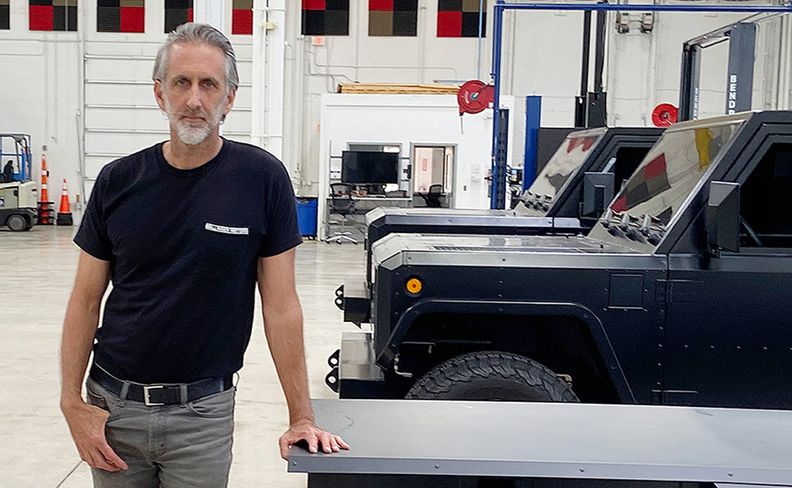
 |
In Monday’s Automotive News:
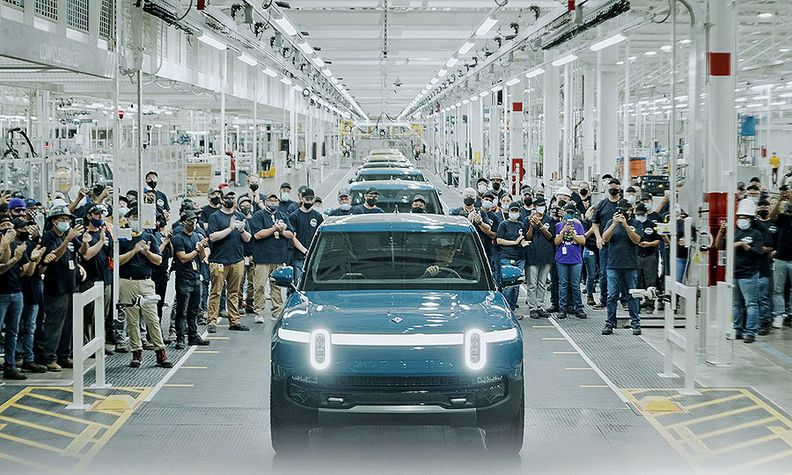
Rivian’s ups and downs: Rivian ended last year on a high note after finally starting R1T pickup production and even making a couple (as in two) units of its RS1 SUV, one each for the CEO and CFO. At one point the electric vehicle maker’s market value soared past that of General Motors. How times change, and quickly. These days, Rivian is facing a New Year’s hangover: The extended-battery version of the R1T has been delayed. The overall production ramp-up of the standard-range pickup has been hit by the chip shortage. Also, investor Amazon (owner of 20 percent of Rivian) announced plans to buy electric vans from Stellantis. Clearly, Rivian does not have a lock on Amazon’s business. We size up the latest Rivian happenings.
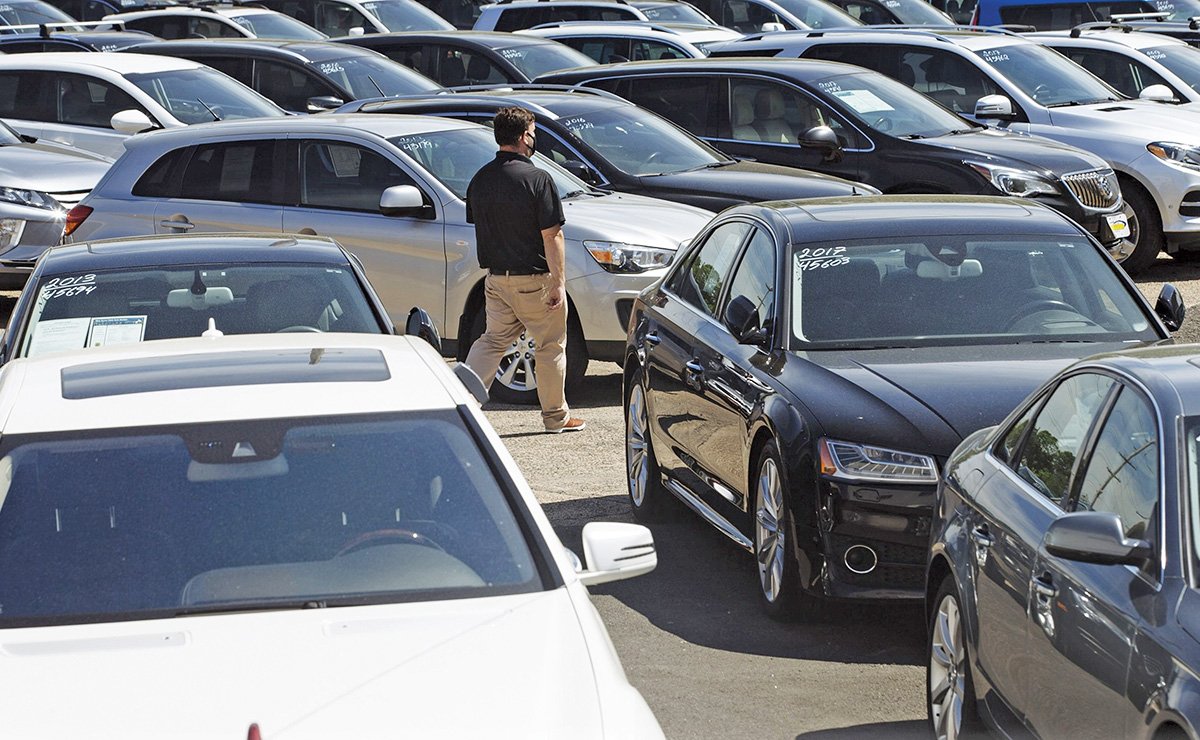
The upside down of sky-high used prices: Strong demand in the used-car market — and the higher price tags attached — will stick around for 2022, that much seems clear. Less clear for dealers is what comes next. What do high prices on used vehicles now mean for the retail market a few years down the road? Will owners hang on to their cars longer and depress the flow of used inventory? And what happens when prices on used vehicles fall and customers find themselves owing more on their vehicles than they’re worth? Automotive News looks at the used market and what the future may hold.
 |
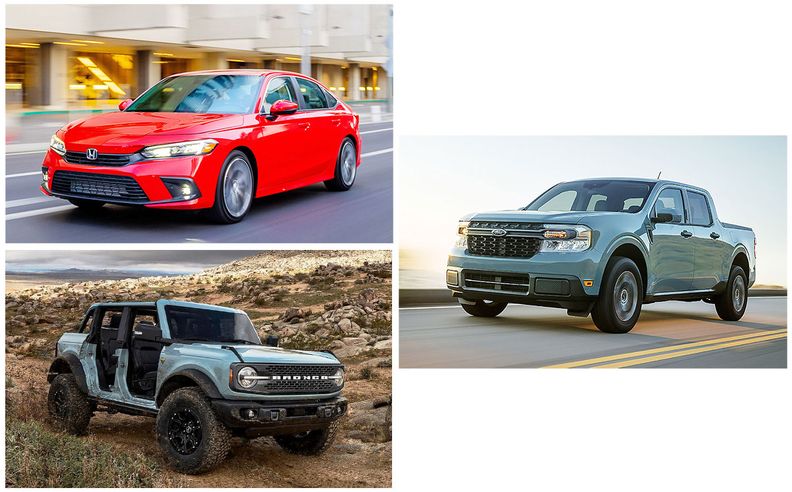
Ford doubles up on NACTOY awards: The compact Ford Maverick was named 2022 North American Truck of the Year while the Bronco was named Utility Vehicle of the Year, and the Honda Civic took Car of the Year honors. It’s the second-straight year Ford has earned two of the three NACTOY awards, and it marks the third win for the Civic since the awards were introduced in 1994.
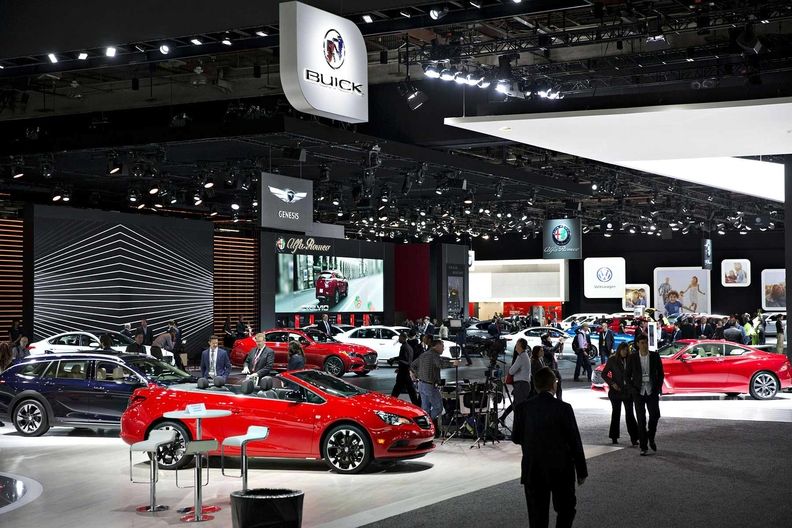
Detroit auto show back on: The North American International Auto Show will take place Sept. 14-25 in downtown Detroit after being forced to cancel multiple years because of the coronavirus pandemic. Organizers have been eying September since early last year and floated the Sept. 14-25 dates as a target last month.
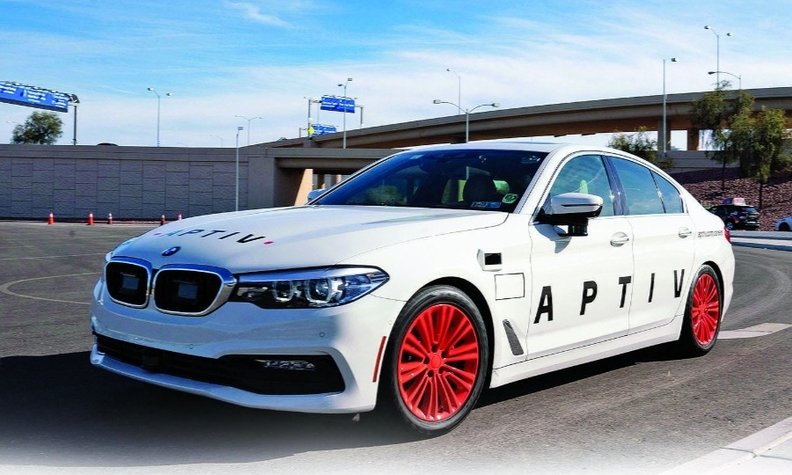
Aptiv’s big deal: The automotive technology supplier has agreed to buy software firm Wind River from private equity firm TPG Capital for $4.3 billion in cash. The deal will expand Aptiv’s footprint in an area that is fast becoming the next battleground for automakers — digitalizing vehicles.
 |
|
|---|
 |
 |
 |
Jan. 16, 1948: The Ford F-Series debuts.

